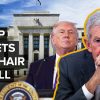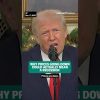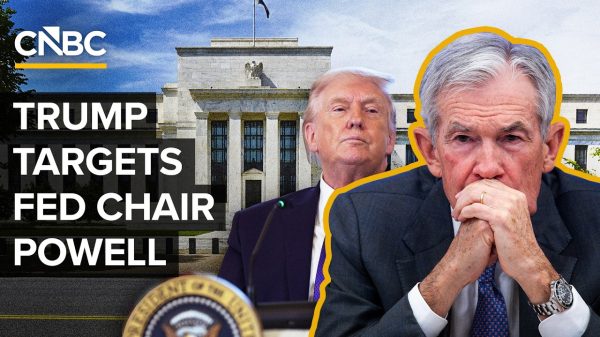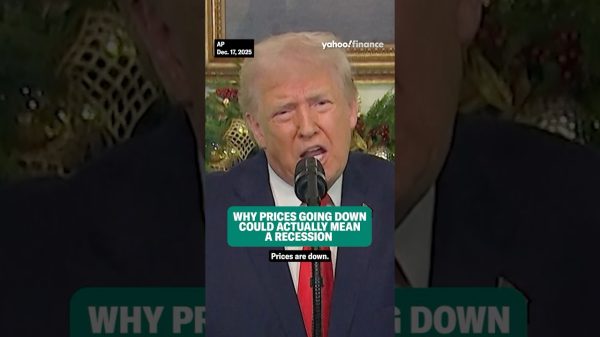By Mayela Armas, Matt Spetalnick and Marianna Parraga
CARACAS/WASHINGTON/HOUSTON (Reuters) -Venezuela’s government and opposition will return to political negotiations this week after nearly a year, the two sides said on Monday, while sources said the United States has reached a preliminary deal to ease sanctions if President Nicolas Maduro makes good on commitments concerning a 2024 election.
The talks, meant to provide a way out of Venezuela’s long-running political and economic crisis, will take place in Barbados. Maduro, a socialist who has served as president since 2013, is expected to run for re-election but has not yet formalized his candidacy. His government has banned prominent opposition figures from running.
Maduro’s representatives and the opposition are expected to sign an election agreement this week, and the United States would quickly follow that with authorizations related to Venezuela’s oil business, according to two people in Washington familiar with the matter, speaking on condition of anonymity.
Any U.S. action would come only after Venezuela’s opposition and Maduro’s representatives sign an agreement under which he commits to a presidential election date and to the lifting of the bans on opposition candidates, these two sources said. They added that any changes to sanctions would be dependent upon Maduro’s follow-through.
The United States is mindful that Maduro has failed to meet previous private and public commitments on holding free elections and is watching closely to be sure he complies with his latest promises, these sources said.
The initial steps by U.S. President Joe Biden’s administration would involve only limited sanctions relief for now, the U.S. sources said. Much of the far-reaching sanctions program imposed by the administration of former President Donald Trump in 2019 under a “maximum pressure” policy would remain.
Further relaxation of U.S. sanctions would depend on whether Maduro makes further concessions and organizes fair elections that meet international standards, the sources said.
The opposition is set to hold a primary to choose its 2024 candidate on Sunday, though front-runner Maria Corina Machado is currently banned from holding public office.
Reuters reported last week, citing five sources, that Venezuela and the United States had progressed at their own talks in Qatar toward a deal that could allow at least one additional foreign oil firm to take Venezuelan for debt repayment if Maduro resumed negotiations with the opposition.
Two of those sources named France’s Maurel & Prom, a joint venture partner with Venezuela state-run oil company PDVSA, as a possible recipient of a U.S. “comfort letter.” At the time a Maurel & Prom spokesperson confirmed that the company “made a request to this effect to U.S. authorities” but declined to elaborate.
A U.S. comfort letter would allow a partner of PDVSA to take Venezuelan oil for exports as debt repayment or establish an oil swap deal to settle pending debts and dividends.
U.S. SANCTIONS
The United States imposed sanctions on Venezuela to punish Maduro’s government following a 2018 election it considered a sham, lack of democratic guarantees and human rights violations. Since 2019, U.S. sanctions ban PDVSA from exporting its oil to its chosen markets.
Trump’s sanctions, combined with diplomatic pressure, were intended not only to cause financial harm to Venezuela, Maduro and his inner circle but to force the president’s ouster. Maduro and his government have survived with support from the military plus China, Russia and Cuba. Biden’s administration has kept most sanctions in place in an effort to force Maduro to take concrete steps toward free elections, holding out sanctions relief as an enticement.
The return to talks between Maduro’s government and the opposition was announced in a statement published by Norway, an observer. They last met in November 2022.
Another source in Washington said a document that is expected to be signed on Tuesday in Barbados would include a date for the election in the latter half of next year and allow international observers.
It would also allow participation of opposition figures who are currently barred from holding office, the source added. It remained unclear whether all opposition candidates would have their bans lifted. The opposition considers the bans unlawful.
At least two candidates initially set to run in the Oct. 22 primary have bowed out because they are banned.
The government and opposition last year agreed to the use of $3 billion in frozen assets for humanitarian needs, via a United Nations-run fund that is not yet operational.
Read the full article here











